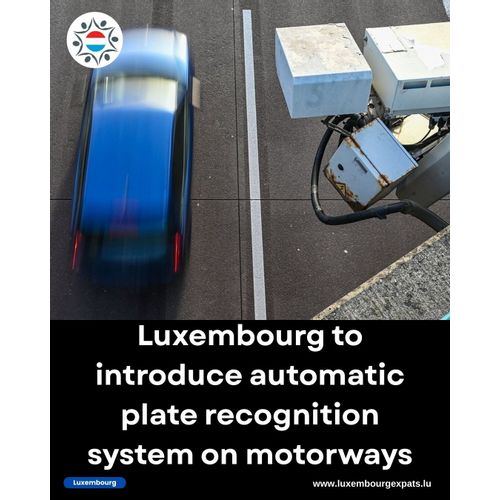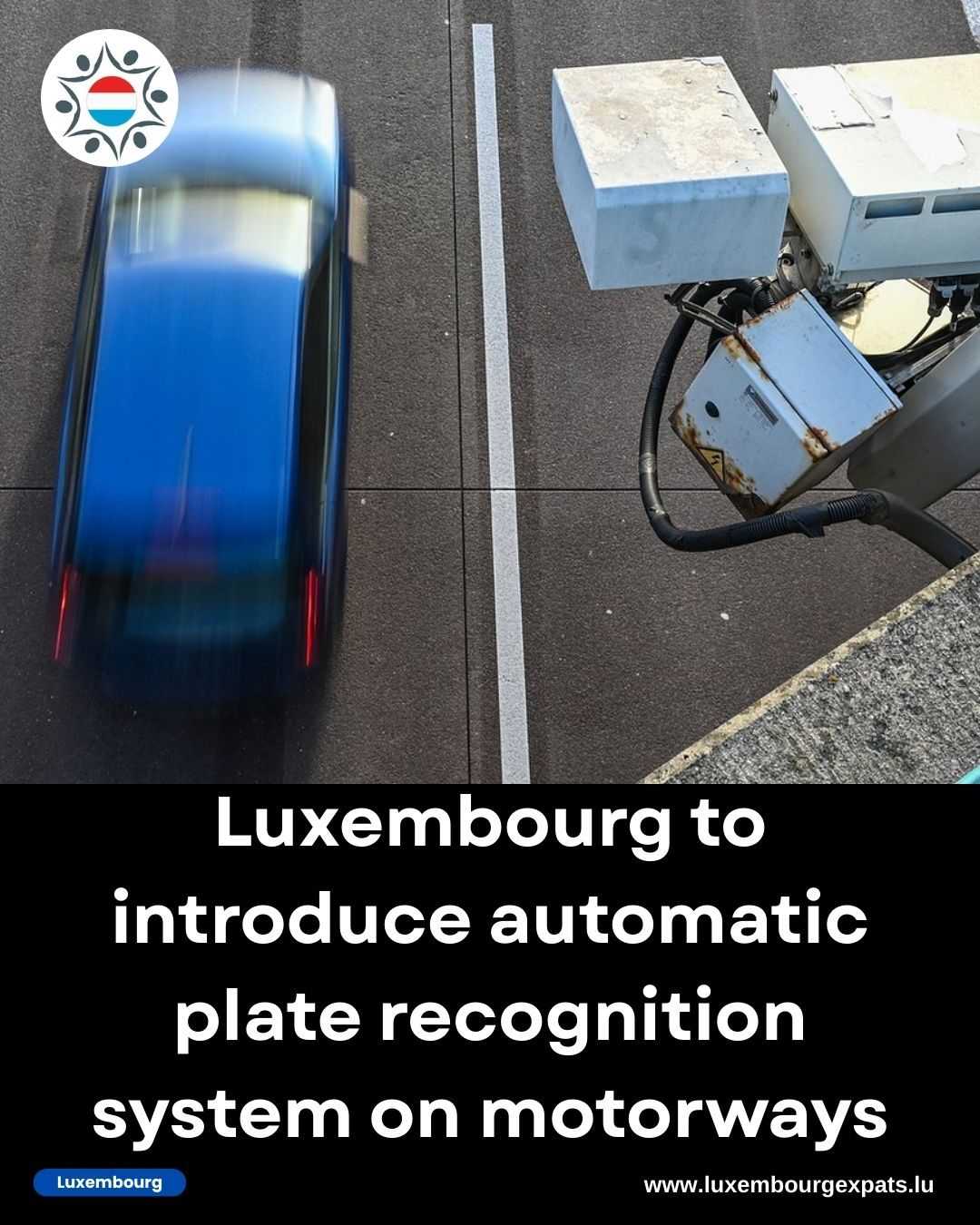Luxembourg Plans Automatic Number-Plate Recognition on Motorways
LuxembourgPosted on 25 September 2025 by Team · 2 min readLuxembourg is preparing to roll out an Automatic Number-Plate Recognition (ANPR) system on its roads, equipping police with intelligent cameras to help track stolen vehicles, locate missing persons, and combat organised crime and terrorism. But while the project has broad political backing, opposition voices warn that the technology could overstep on privacy rights.
On Wednesday, Home Affairs Minister Léon Gloden presented the draft law to Parliament’s Home Affairs Committee before unveiling it to the press. The plan foresees ANPR cameras being installed first on border motorways, where they will scan license plates and compare them against both national and international databases. A positive match – known as a “hit” – could flag stolen cars, wanted individuals, or urgent cases linked to ongoing investigations.
The cameras, however, will record more than just plates. They will also capture images of vehicles, drivers, and passengers. Officially, the data will be kept for 28 days before deletion, unless tied to an investigation, in which case it could be stored longer. Gloden defended the project as a crucial step to modernise policing:
“Data is the gold of the 21st century. Criminals must not stay a step ahead of us – we need to stay a step ahead of them.”
Authorities also see the system as useful for temporary operations, such as large-scale events or football matches, where hooligans may pose security risks.
Still, critics argue the draft law leaves too much room for surveillance. Pirate Party MP Marc Goergen warned that ordinary drivers and passengers – even children – would find themselves photographed and logged in a police database despite having done nothing wrong:
“This creates movement profiles for innocent people. And if extended beyond border motorways, the system could track people across the whole country.”
Concerns were echoed by Green MP Meris Sehovic, who pointed out that on certain urban roads, such as Esch’s N31, cameras could inadvertently capture private homes, potentially breaching privacy protections. He also questioned the absence of explicit safeguards against this risk.
Deputy Police Director Alain Engelhardt stressed that the system will normally collect data without processing it, except during authorised investigations. Minister Gloden further assured MPs that automatic facial recognition is not part of the project and that data protection laws already prohibit cameras from targeting private areas like front doors.
Unlike in neighbouring Belgium, Luxembourg’s ANPR system will not be used to detect or punish traffic violations such as speeding. Gloden emphasised that the system is meant to strengthen security, not turn the country into a surveillance state.
The draft law still needs parliamentary approval before the project can move ahead. If adopted, the rollout on motorways could happen relatively quickly thanks to Luxembourg’s existing CITA traffic infrastructure. A second phase would extend ANPR to selected national roads.
Join the community of your own - #1 home-grown LuxExpats app
SignUp Free : luxembourgexpats.lu
I am your contact
Team
Chat








